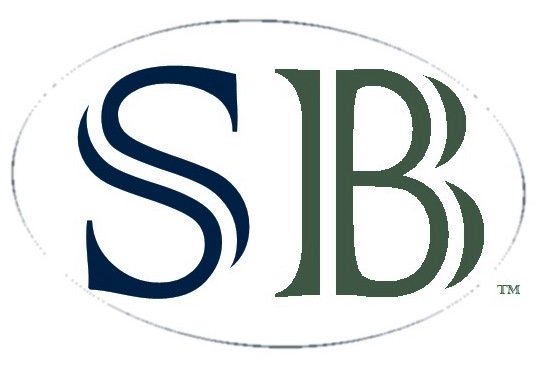How to Write an Address

How to write an address ... The Address. If you have never given an address before, it can seem a bit intimidating.
However, learning how to write an address is very similar to writing any type of speech.
What is an address?
An address is a special type of speech addressing a group of people. Addresses usually take place at graduations or other ceremonial places or events.
The Gettysburg Address (Abraham Lincoln) is one of the most famous – and shortest – addresses.
So, what do you need to do to figure out how to write an address?
Step 1: Get all the details straight.
First, when you are learning how to write an address know the details.
You need to know when, where, what time, and for whom you will give the address.
The “who” is especially important.
If you don’t know your audience well, your speech may not be well received. So, if you don’t know the audience well or it’s your first time giving an address, ask the person in charge (the one who asked you to speak) about the audience.
Make notes of any dignitaries, sponsors, or special guests that may need acknowledging and thanking.
This is very important, especially if you’re being paid to speak and the event has sponsors.
Also make notes about the general audience. Are they families of students? Or, are these people company CEOs and their management teams?
Learn who they are, because that's who you'll be speaking to.
Step 2: Write the introduction.
In Toastmasters, it is said that the speaker never thanks the audience. They say the audience is supposed to thank the speaker.
That being said, when you craft your address introduction mention any guests or dignitaries and sponsors. It is polite and in some cases mandatory to thank those people for attending.
But never generally thank the audience for your speaking to them. For example, don't say, "thank you for having me today" or "thank you for your attention." (Toastmaster rule…)
Right after you’ve thanked those special guests and sponsors, let the audience know what you plan to talk about.
Below is an example of how to write the opening thank yous.

Advertisement:
Step 3: Writing The Body
The body of the address should have three functions.
First, it should be clearly the nitty gritty points of what you want to say.
Second, it should stay on topic with what you said you’d say in your introduction.
Be careful about going “off track." Often, that makes your address longer. Just as when you attend things and want to start and finish on time, your audience wants you to finish speaking when the program says you're supposed to. Don’t over extend your welcome by adding unnecessary garbled junk.
Third, lead the audience through to your conclusion. This means that as you move from point A to point B to point C in your speech, you build it in such a way that the audience can travel with you and sense when you are about to close.
Sometimes you may surprise them with a funny story to illustrate a point or do something spontaneous to keep their attention and make the address more interesting, but it all should have a point. It should make sense why you, the speaker, chose that move.
This step may be the most challenging part of how to write an address. You have to be creative and yet purposeful with your examples and word choice.
Step 4: The Conclusion
The conclusion for your address should bring closure. Your last thoughts might refer to a story you shared to illustrate a point.
May be you want to quote a person or give your audience a challenge to take action.
This is your last shot to connect with the audience and give them something.
I personally prefer to leave on a good note--even when you’re speaking about something sad or negative. I just don’t like to leave people upset, sad, or worried, even for speeches where I challenge them. I like to give people hope.
But it’s your call.
Step 5: Practice, Practice, Practice!!!
What MUST you do before giving your address?
You must, must, must ... PRACTICE.
Don’t get up there that day and give the address for the first time.
Never read from cards or notes or an 8 ½ x 11 paper.
Memorize your speech. It helps you connect with the audience. I allows you to make eye contact with them--even if you’re looking over their heads because you’re so nervous.
But never ever read from notes. It’s a sign of lack of preparation, inexperience, and someone who doesn’t care about the audience's needs.
If you need help, Toastmasters is a wonderful leadership and speaking club. I have been a member and found it very helpful. Toastmaster members give you the facts you need to hear in a positive and supportive environment. (Yes, they will tell you politely that you stink. BUT, they will also help you fix those issues to help you become a great speaker.)
One last thing...
Write from the heart. That’s my last tip. If you use the tips above, are sincere, and write from your heart, your audience will listen.
Hope this helped you learn how to write an address. As with anything, the more you write and give addresses the better speaker you will become.
Advertisement:







